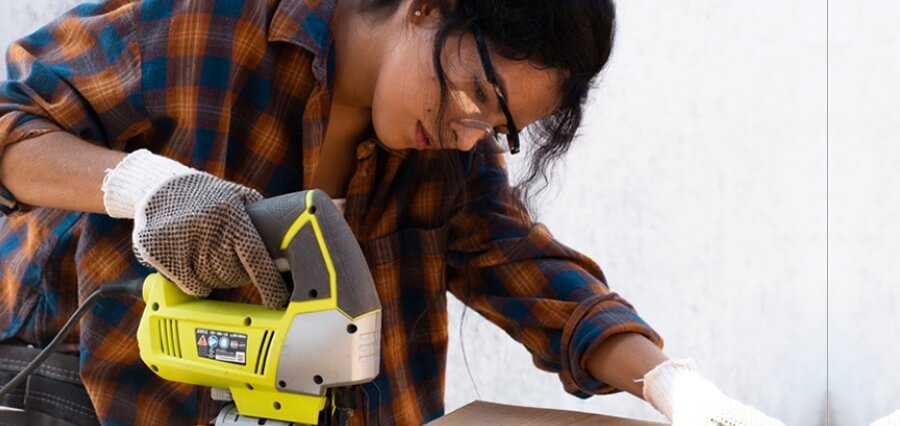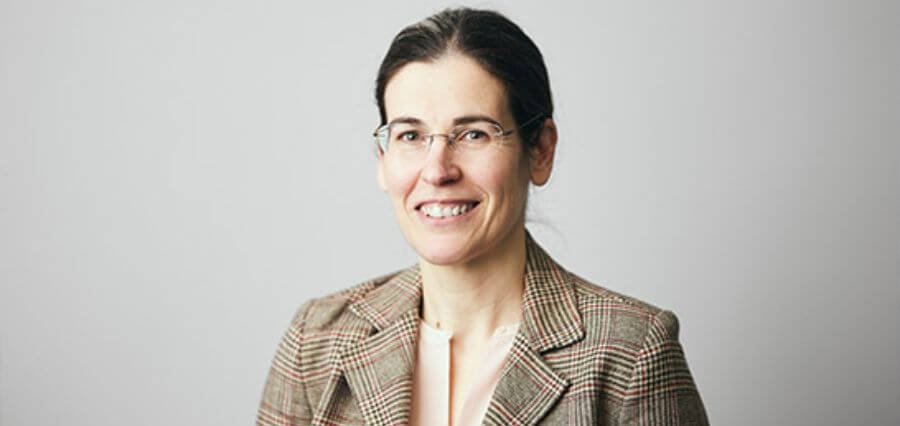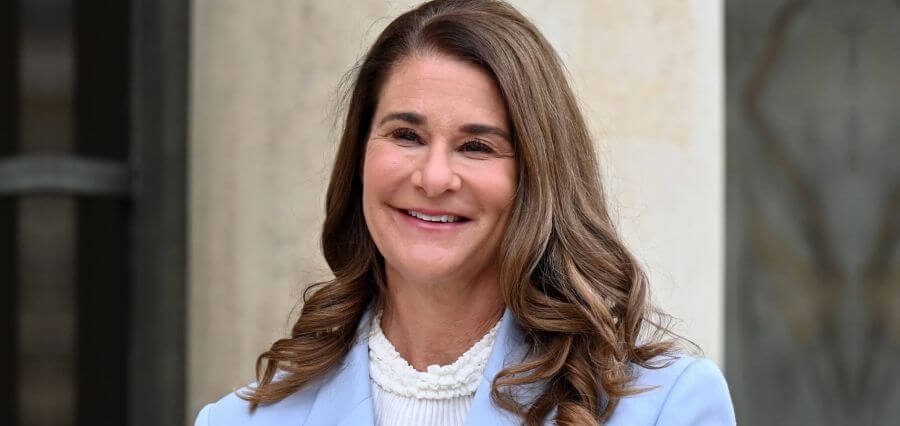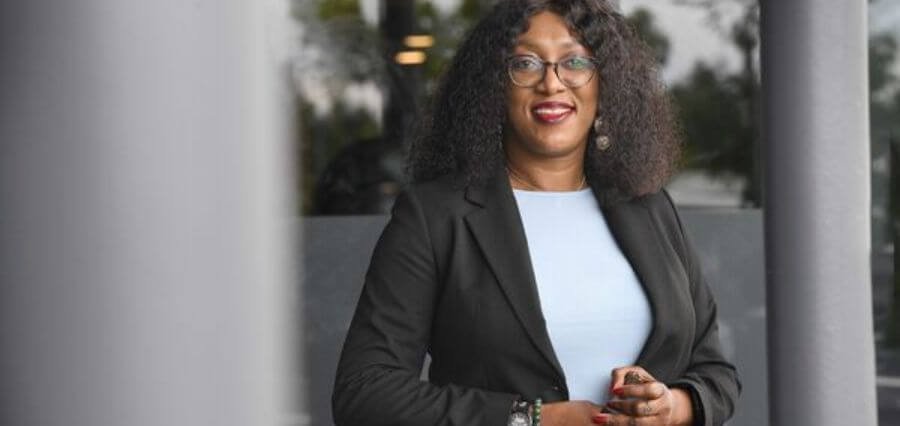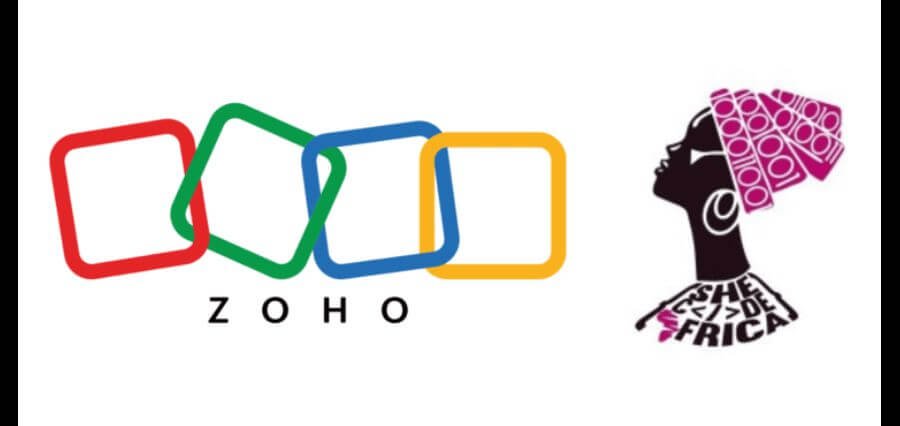In a world where gender stereotypes still persist, women are defying societal expectations by excelling in non-traditional professions. Breaking free from the constraints of traditional gender roles, these trailblazing women are making significant advancements in fields historically dominated by men. This article explores the inspiring journeys of women who have shattered stereotypes, highlights their achievements in non-traditional professions, and examines the importance of empowering the next generation to pursue their passions, regardless of societal expectations.
Challenging Gender Norms
Gender norms have long dictated the career choices of men and women, with certain professions considered more suitable for one gender over the other. However, women today are challenging these norms, recognizing that their aspirations and abilities are not confined by societal expectations.
In non-traditional professions such as engineering, computer science, aviation, and construction, women are breaking barriers and proving their capabilities. By venturing into these fields, they challenge the notion that certain careers are reserved for men. These women embody the strength, intelligence, and resilience required to excel in these demanding professions.
Moreover, by challenging gender norms, these women inspire others to do the same. Their courage and determination pave the way for future generations to pursue their passions without constraints, promoting diversity and inclusivity in all sectors.
Pioneering Paths: Women at the Forefront
Women have made significant advancements in non-traditional professions, leaving an indelible mark on industries that were once considered male-dominated. In engineering, women like Emily Roebling, who oversaw the construction of the Brooklyn Bridge, and Ellen Ochoa, the first Hispanic woman to travel to space, have made groundbreaking contributions.
In the world of technology, women such as Ada Lovelace recognized as the first computer programmer, and Grace Hopper, a pioneer of computer programming languages, have revolutionized the field. Their accomplishments demonstrate that innovation and technical expertise know no gender boundaries.
Aviation is another area where women have soared to new heights. Amelia Earhart, the first female aviator to fly solo across the Atlantic Ocean, inspired countless women to pursue careers in aviation. Today, women like Eileen Collins, the first female Space Shuttle pilot, and commander, continue to break barriers in the aerospace industry.
The construction industry, known for its male-dominated nature, has also seen remarkable achievements by women. Women architects, engineers, and construction managers have brought creativity and expertise to the forefront, leaving an indelible mark on iconic structures around the world.
Empowering the Next Generation
The advancements made by women in non-traditional professions are not only inspiring but also pave the way for the next generation of trailblazers. By empowering young girls to explore their interests, irrespective of societal expectations, we can foster a generation that knows no boundaries.
Providing mentorship programs, educational initiatives, and exposure to successful women in non-traditional professions are essential in empowering the next generation. By showcasing diverse role models, we broaden young minds’ horizons, helping them envision a future where their dreams can become a reality.
Parents, educators, and society as a whole have a critical role to play in nurturing and supporting young girls’ aspirations. Encouraging girls to pursue science, technology, engineering, and mathematics (STEM) education and providing equal opportunities for skill development can help bridge the gender gap in these fields.
Additionally, creating inclusive work environments that value diversity and provide equal opportunities for women in non traditional professions is vital. Employers should actively promote diversity and inclusion, ensuring that women have equal access to career advancement, leadership roles, and opportunities for professional development.
Furthermore, breaking stereotypes requires a collective effort to challenge ingrained biases and cultural norms. Education and awareness campaigns can help dispel misconceptions and promote gender equality in all professions. By promoting a society that celebrates and supports women’s achievements in non-traditional fields, we create an environment where talent and merit are valued above gender.
In conclusion,
Women’s advancements in non-traditional professions are breaking stereotypes, challenging gender norms, and inspiring future generations. These women pioneers have demonstrated that passion, talent, and determination know no gender boundaries. By empowering the next generation to pursue their passions and providing equal opportunities for all, we can foster a more inclusive and diverse workforce. It is crucial for society as a whole to support and celebrate women’s achievements in non-traditional professions, promoting a future where gender does not limit career choices. Let us continue to break stereotypes, uplift women in all fields, and create a more equitable world where everyone can pursue their dreams without constraints.

